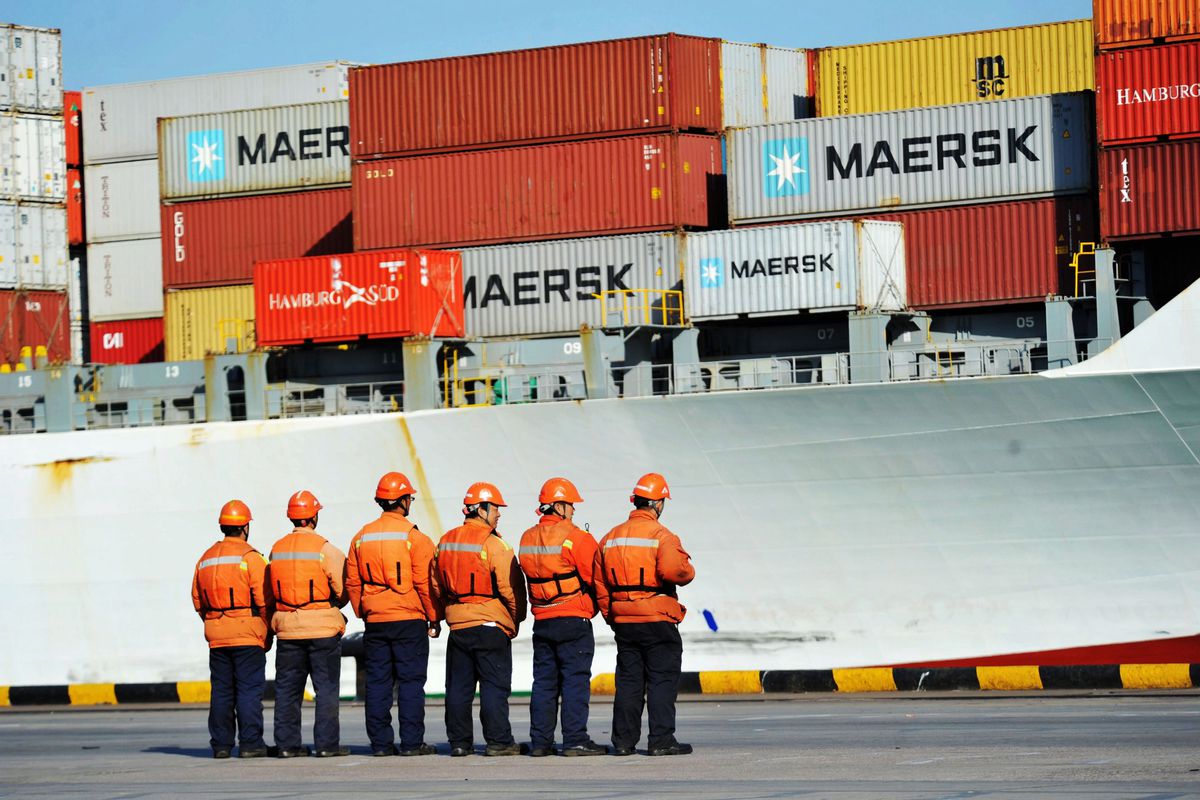2018/10/12 10:00 | Pageview:2542 | From: CNN
At a machinery firm near Shanghai, China's sprawling business capital, engineers rely on the United States for parts they need to make precision measuring equipment for automakers and other industries.
But the company, Suzhou Osaitek Photoelectric Technology, is now speeding up plans to produce the components itself, according to He Zhongya, its chief engineer.
The reason? New tariffs in the trade clash between the United States and China have made the American-made parts too expensive.
The company, which employs about 100 people, would have made the shift to local production eventually, but "the trade war accelerates the transition," He told CNN.
The world's top two economies have imposed tariffs on hundreds of billions of dollars of each other's goods. The measures are expected to take a heavier toll on China's economy, which relies more on exports and has already started losing steam this year.
But the conflict is encouraging Chinese companies and government officials to move ahead with changes that could eventually make the economy more competitive and more appealing to foreign investors.
"The crisis incentivizes China to develop faster," said He.

'China is no longer a cheap place'
China has already come a long way. Over the past 20 years, its giant export machine has shifted away from goods such as clothes and toys toward electronics and smartphones.
"China is no longer a cheap place to produce low-end goods," said Xu Bin, a professor of economics and finance at the China Europe International Business School in Shanghai.
Chinese companies are "very responsive to changing environments" and tariffs add "an additional force to push Chinese private companies to upgrade," he added.
Will it open its markets?
The waves of new tariffs are also raising questions about China's appeal as a manufacturing hub. Companies say they are considering shifting production to other countries to avoid the extra costs, putting pressure on the Chinese government to find ways to offset the damage.
Beijing has long been criticized for restrictive economic policies that shut foreign companies out of large swathes of its economy and favor local businesses, particularly big state-owned enterprises. Chinese leaders insist they are committed to gradually opening the economy at a suitable pace.
Analysts and business leaders have in the past questioned China's commitment to reforms that make it easier for foreign investors to do business there, but some think it now faces little choice.
"China must open the market," Jack Ma, the executive chairman of Alibaba (BABA), said last month.
Beijing has already taken a series of steps recently to help the slowing economy, including tax cuts. Premier Li Keqiang last month pledged more pro-business measures.
If that includes allowing greater competition from foreign companies, it could force Chinese companies to up their game and become more productive.
Such changes "will boost the competitiveness of the economy in the long run" and help China to "generate better quality of growth," said Aidan Yao, senior emerging markets economist at asset management firm AXA Investment Managers.
The trade war could speed up that process.
